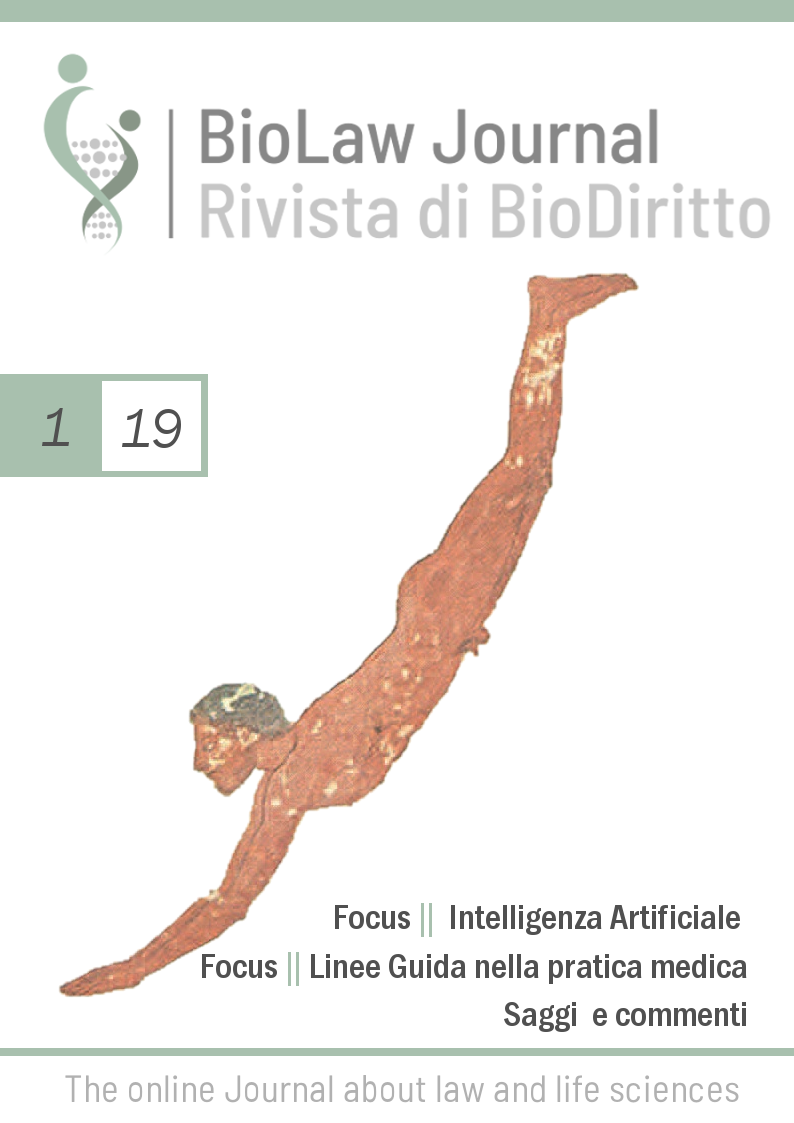I robot possono avere diritti?
DOI:
https://doi.org/10.15168/2284-4503-353Parole chiave:
Robot, legal personhood, autonomy, decision-making, liabilityAbstract
From years all have been using, owning, managing refrigerators, cars and telephone. In practices, machines. Yet no one has ever thought, until now, that such machines could be holders of rights. Machines, up to now, have been “objects” of rights (property, possession, responsibility) and certainly not “subjects”. Why? For the simple reason that only recently these machines have begun to have their own forms of artificial intelligence that start to make them doubt that they can assume a certain autonomy of decision-making. So these machines can be holders of their own legal situations? Robots one hundred years ago were only a Karel ?apek’s literary invention. A fascinating invention for the immediate development that robots have had in the science fiction literature of the following years. At the point of getting a visionary like Asimov to establish the laws of robotics. It was 1942. But today we are really at the point of having to write these laws. Not only because they are profoundly changing the rights of human beings, but also because they are starting to formulate their own machine rights.





